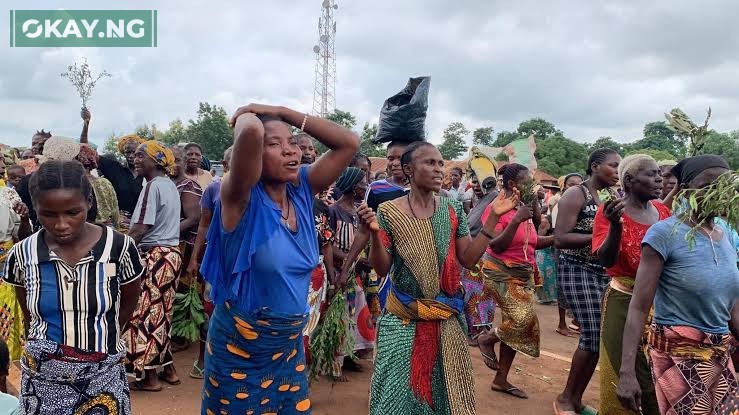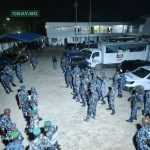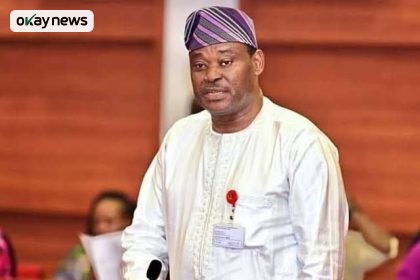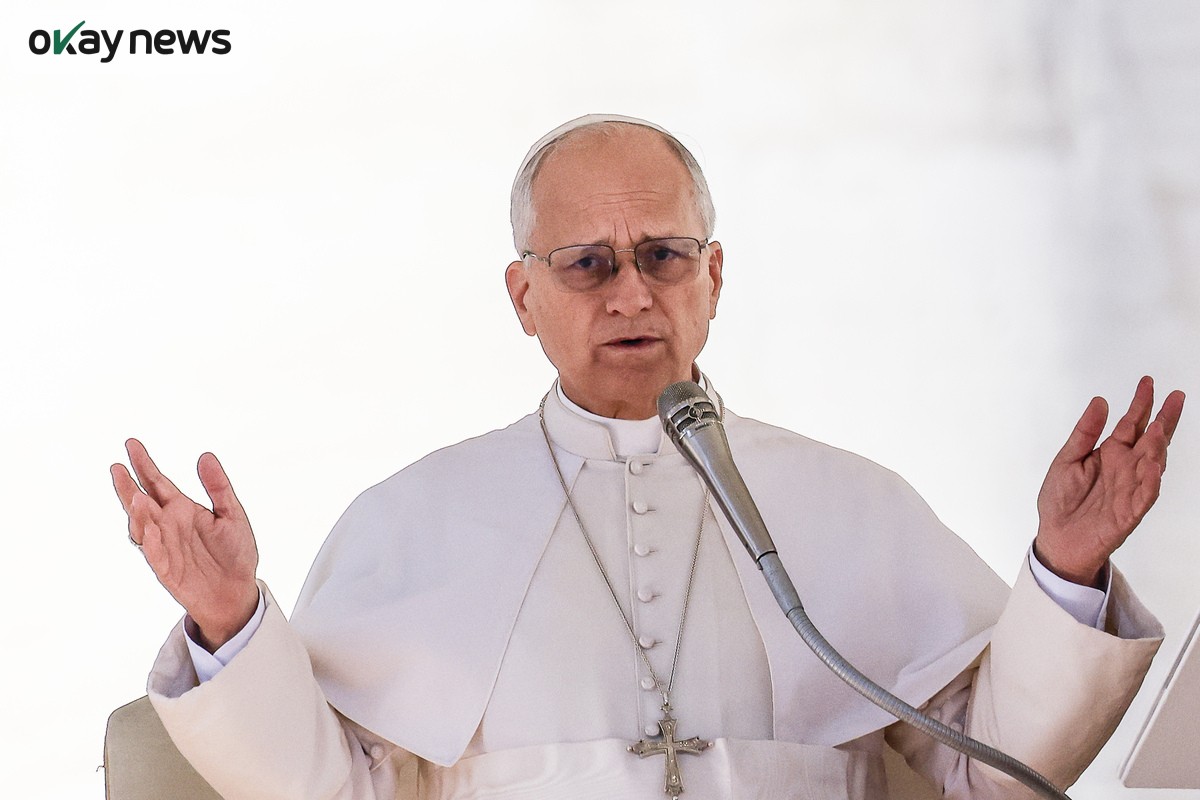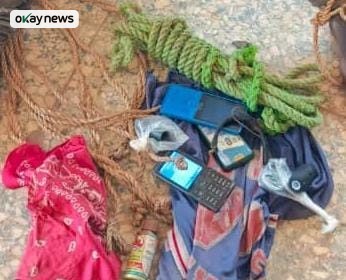The spate of bloodshed across Benue and Plateau states has continued unabated, even after President Bola Ahmed Tinubu’s emphatic “enough is enough” directive to security agencies following the June 13 massacre of over 200 farmers in Yelewata, Guma Local Government Area, Benue State.
Tinubu, who personally visited Benue on June 18 after the attack, had assured residents that his administration would no longer tolerate violence. “We were not elected to bury people and have orphans and orphanages. We will work with you to achieve peace. The people of Benue deserve peace,” the President declared during his visit.
Yet, killings have only escalated since his visit, with the marauders becoming more daring, targeting both civilians and security operatives. Attacks recorded between June 22 and August 12 claimed at least 32 lives, including policemen, church leaders, farmers, and even a septuagenarian. Some victims were gruesomely mutilated, with incidents of beheadings and abductions leaving entire communities traumatized.
The Plateau State narrative also remains grim, with attacks in Bokkos, Riyom, Wase, Kanam, and Bassa LGAs reducing entire villages to ashes. While the Presidency attributed the violence to “communal clashes,” Governor Caleb Mutfwang and other stakeholders insist it is a systematic “genocide” designed to displace indigenous populations.
“We feel forgotten. We are tired of the daily condemnation,” lamented 42-year-old farmer Luka Auta, who lost his wife and cousins. Survivors argue that government reassurances are hollow, as attackers roam freely while communities are abandoned.
Prominent voices across Nigeria have weighed in. Elder Joseph Ambakederimo of the South-South Reawakening Group declared, “There shouldn’t be any form of repentant terrorist. The kinetic approach should be intensified.” Lawyer Eric Omare added that Tinubu must go beyond mere orders: “The protection of lives and property is the most important responsibility of the government.”
Activists and leaders alike warn that politics is deepening the crisis. Omobude Agho of Edo Civil Society Organizations described the killings as politicized to serve long-term conquest ambitions, while Niger Delta activist Zik Gbemre alleged that compromised military officers profit from insecurity.
Chief Iorbee Ihagh, leader of Mzough U Tiv, voiced disappointment: “If President Tinubu was serious with that order, there is no reason it will be ignored. Killings are still going on to the surprise of everyone.”
okay.ng reports that concerns are growing nationwide that Tinubu’s directives may remain rhetorical unless extraordinary measures, including stronger security funding, intelligence gathering, and enforcement of anti-open grazing laws, are urgently implemented.


